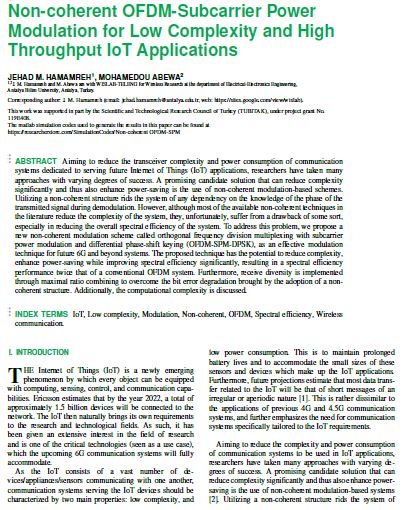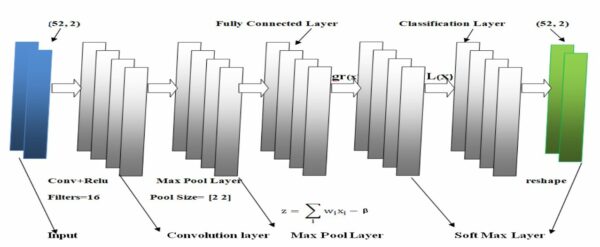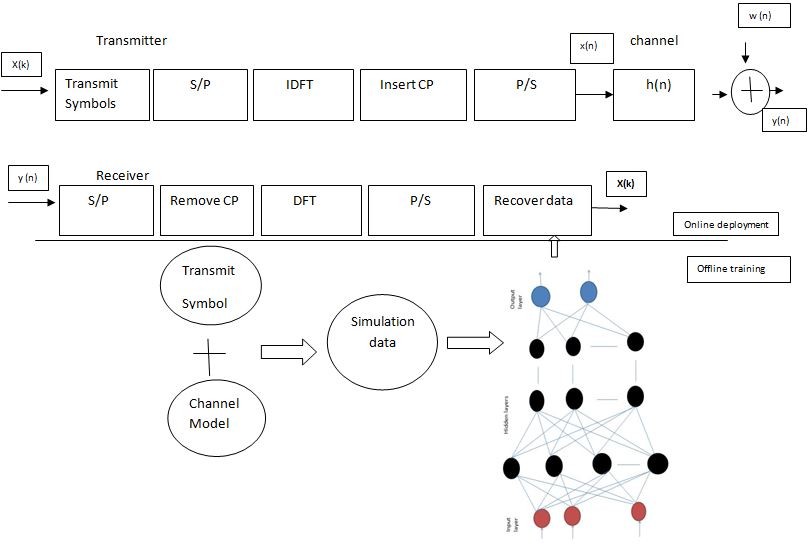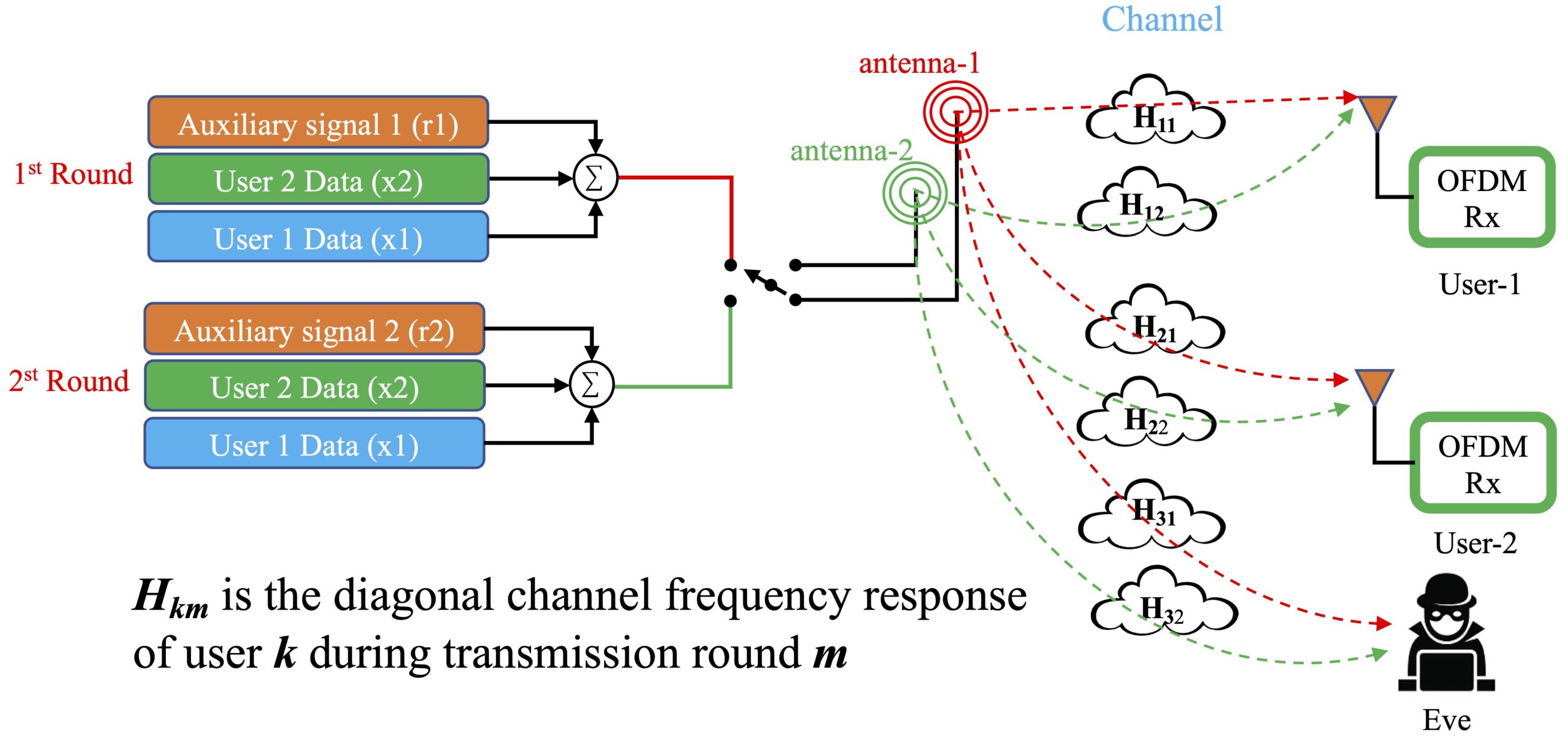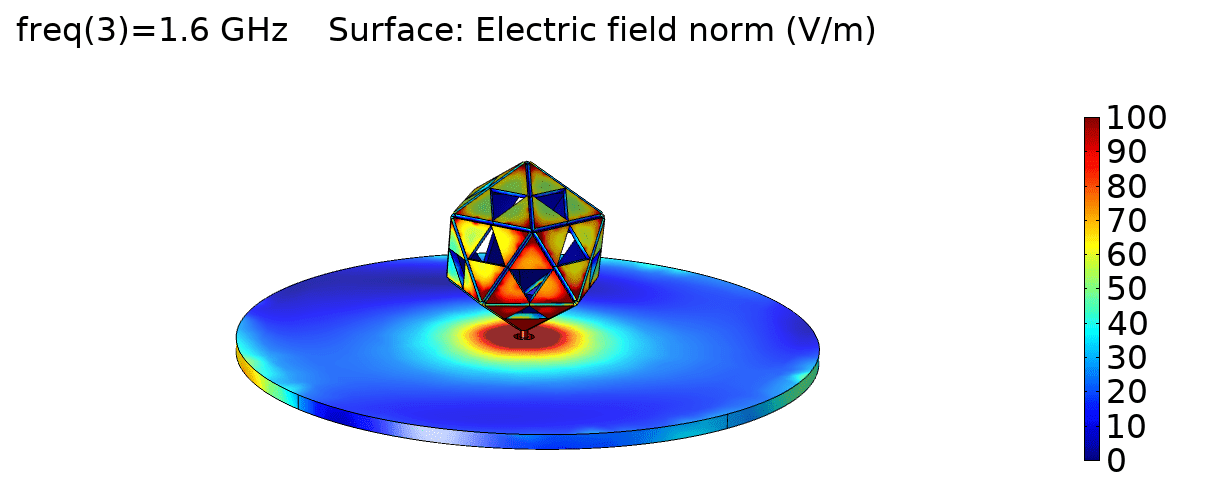Description
A detailed document explaining a newly proposed scheme called Non-coherent OFDM-Subcarrier Power Modulation for Low Complexity and High Throughput IoT Applications.
Aiming to reduce the transceiver complexity and power consumption of communication systems dedicated to serving future Internet of Things (IoT) applications, researchers have taken many approaches with varying degrees of success. A promising candidate solution that can reduce complexity significantly and thus also enhance power-saving is the use of non-coherent modulation-based schemes. Utilizing a non-coherent structure rids the system of any dependency on the knowledge of the phase of the transmitted signal during demodulation. However, although most of the available non-coherent techniques in the literature reduce the complexity of the system, they, unfortunately, suffer from a drawback of some sort, especially in reducing the overall spectral efficiency of the system. To address this problem, we propose a new non-coherent modulation scheme called orthogonal frequency division multiplexing with subcarrier power modulation and differential phase-shift keying (OFDM-SPM-DPSK), as an effective modulation technique for future 6G and beyond systems. The proposed technique has the potential to reduce complexity, enhance power-saving while improving spectral efficiency significantly, resulting in a spectral efficiency performance twice that of a conventional OFDM system. Furthermore, receive diversity is implemented through maximal ratio combining to overcome the bit error degradation brought by the adoption of a noncoherent structure. Additionally, the computational complexity is discussed and shown to be affordable given the great benefits provided by the proposed technique.
